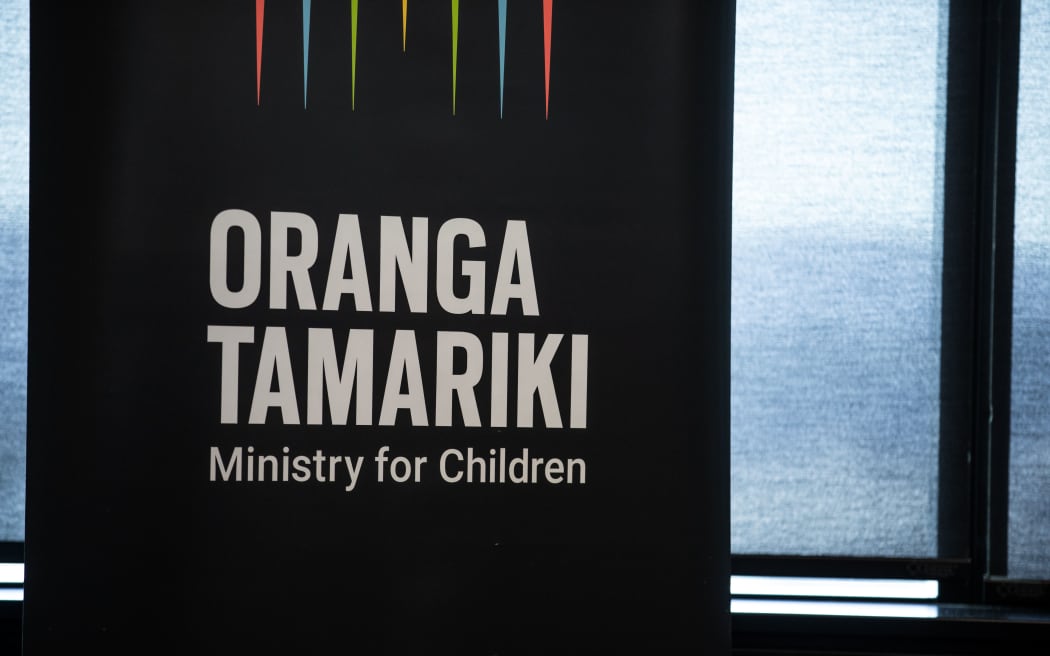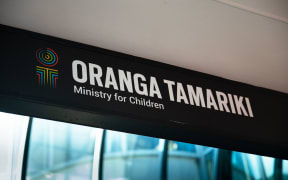
There needs to be systematic change, says the lead author of a study into how Oranga Tamariki works with community groups. File photo. Photo: RNZ / Samuel Rillstone
Community organisations feel ignored and let down when making child welfare reports to Oranga Tamariki, according to a new study.
The Otago University study looked at two large community organisations that hold contracts with Oranga Tamariki.
Participants interviewed for the study spoke of various experiences, including waiting hours to speak to a social worker, receiving automatic email responses, or waiting weeks to hear if Oranga Tamariki had formally intervened.
Lead author Associate Professor Emily Keddell said this can result in community professionals losing faith in reporting as a mechanism to keep children safe, and opportunities for collaborative practice are lost.
It also found that during this time, children who had disclosed risky situations to community workers were anxiously waiting to hear if Oranga Tamariki was going to intervene, knowing their parents might be angry at their disclosure.
A key finding was a disconnect between the expectation of non government organisations and Oranga Tamariki over which organisation should respond in child welfare cases, due to recent changes in reporting thresholds.
Keddell said this included high-risk cases, leaving community organisations with nowhere else to turn.
"I think as we've swung towards a general emphasis on family preservation, the threshold, or the types of cases for Oranga Tamariki to get involved with has changed, but that change hasn't necessarily been communicated or the resources in the community that are needed to fill that moving line, or the gap that is left by that, has not been very forthcoming.
"This leaves children at risk and creates anxieties and ethical 'trade offs' for community professionals, who must balance their relationship with whānau and its use in risk mitigation, against the likely response."
However Keddell said not one organisation was to blame as both sides play a vital role, and that there needed to be systematic change.




